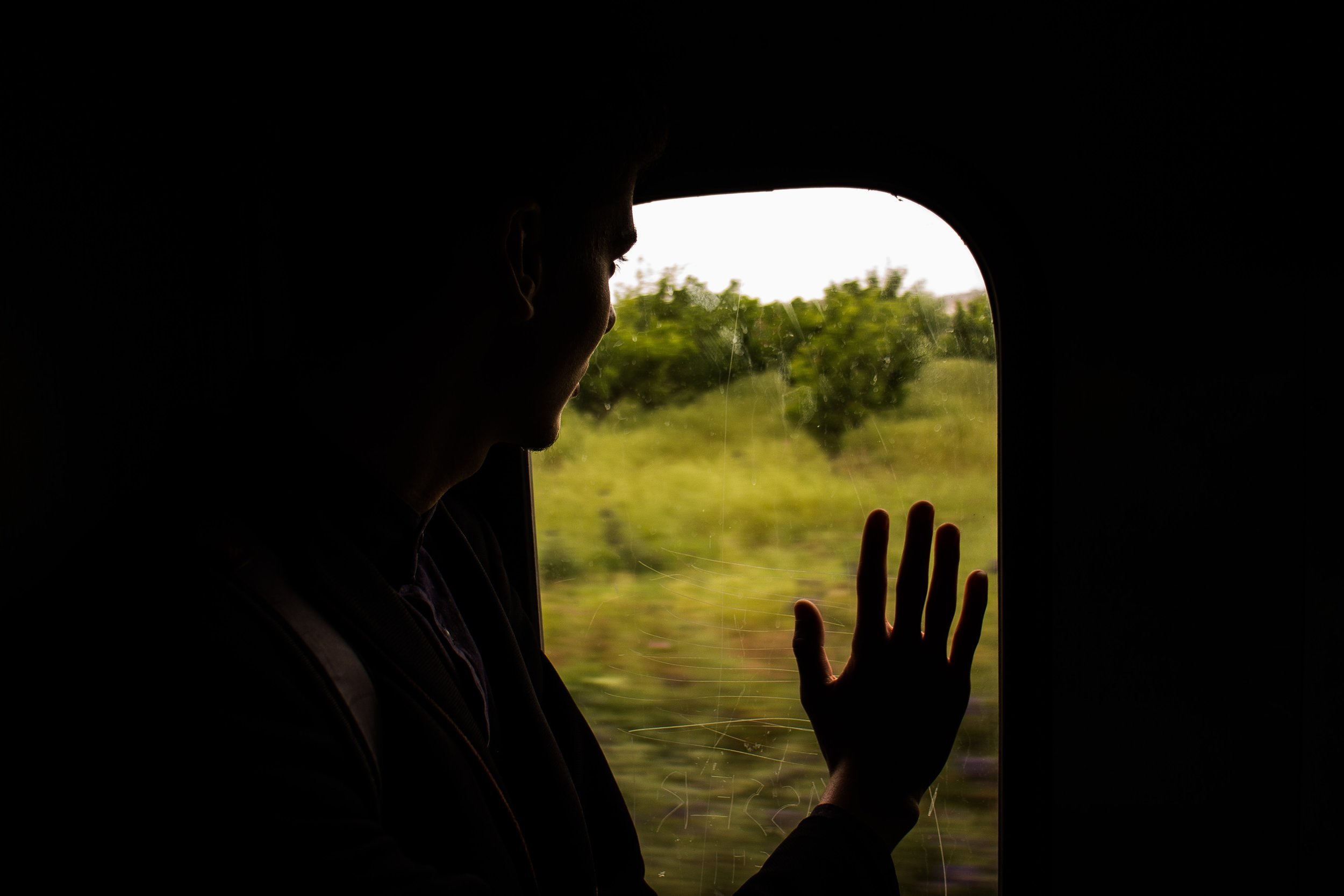When Your Anxiety Feels Like A Runaway Train
Anxiety can feel like we're on a runaway train
As I’ve shared before, I struggle with anxiety. I’ve learned to manage it most of the time, but once in a while it jumps into overdrive, like a runaway train, with no intention of slowing down. It can be a humbling experience. My job is to help other people mange their anxiety, so when mine takes over, it leaves me feeling a little like a fraud, which only increases the anxiety!
But I believe that because I know what anxiety feels like and what it’s like to experience some relief from anxious feelings, I’m in a unique position to truly help others who struggle.
Anxiety Is Often Your Body Telling You That You’re Not Listening
My anxiety feels out of my control (which is super scary), when parts of me believe that I’m not listening to or hearing them. Maybe I ignored my own needs and went along with something I didn’t want to do, or maybe I overdid it by staying up late too many nights in a row, when I know I need a good eight hours of sleep to feel like myself. Or maybe I ate too much or drank more than I intended because I was stressed. Whatever the situation, a part of me is fearful that I will revert back to my old bad habits — the habits that kept me anxious a lot of the time.
The deep-seated fear that I’ll undo or mess up everything I’ve worked hard to turn around puts my anxiety into overdrive. But sometimes we do revert back to old ways, because we’re human. I wrote in my last post, and I often tell my clients, that personal growth isn’t always a linear process. One step forward, two steps back.
Creating New Habits Through Mindful Journaling
As I said above, my steps backward usually have something to do with ignoring or not recognizing my own needs, which is a habit years in the making. And old habits die hard because they’re habits. We have to learn or re-learn how to make changes.
Journaling can help you idendtify what's making you anxious
So, when my anxiety goes speeding down the track, my habitual, go-to response has always been to avoid diving deep into my fears. After all, they’re fears! But what I am learning to do, and what works best, is make a deeper, mindful exploration of the worry or fear. What is it? Why is it showing up now? A great way to be more mindful of what’s happening, non-judgmentally, is through journaling.
Journaling externalizes the issues and gives you a chance to see them with a little more perspective. It also allows you to better understand some of the unconscious thoughts and feelings that might be brewing. Journaling also uses the right side of your brain, and that’s helpful when you’re reacting and not thinking. It allows you slow it down through writing and that can calm down your whole neurobiological system.
Here are some journaling prompts to get you started:
- What am I feelings right now? Describe the physical and emotional components of your anxiety.
- Draw a picture of the anxious sensations in your body. Don’t worry if you’re not artistic — just draw what you think it looks and feels like.
- What part of me is feeling afraid? What are the fears? Fear of failure, fear of rejection?
- Imagine soothing that scared part. What can you say to help calm the fears? If you can’t think of something, journal what a friend might say to comfort you.
- Draw how the anxious feelings have changed or stayed the same.
If you’d like to practice mindful journaling, and practice with a group on daily mindfulness activities, there are groups starting this fall. Early sign-up discounts end soon. You can find out more by reaching out to me or clicking here.
Elizabeth Cush, LCPC is a therapist and the owner of Progression Counseling in Annapolis, Md. She helps busy, overwhelmed men and women manage their anxiety and stress so they can live their lives with more ease, contentment and purpose. If you'd like to know more about how individual and group therapy can help ease anxiety and stress call me 410-340-8469.
Photo by Amine Rock Hoovr and Milos Tonchevski on Unsplash






